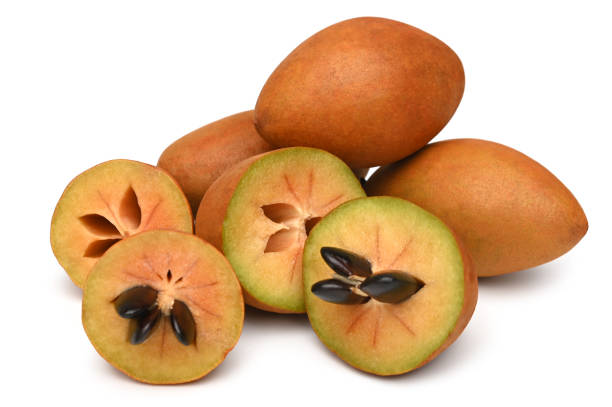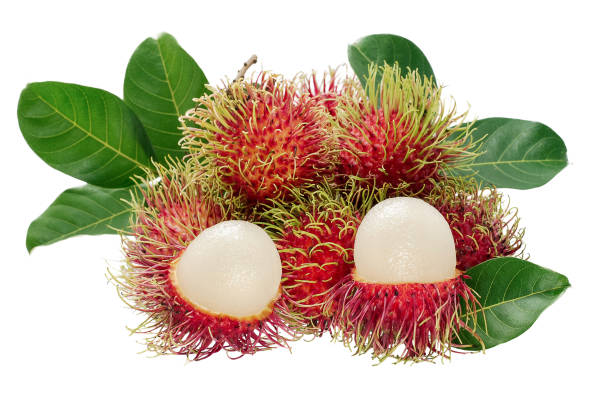Yuzu, a citrus fruit native to East Asia, particularly Japan and Korea, is revered not only for its unique flavor but also for its impressive nutritional profile. Despite being relatively small in size, yuzu packs a powerful punch of essential nutrients that contribute to overall health and well-being.

One of the most notable nutritional components of yuzu is its high vitamin C content. In fact, yuzu is renowned for having one of the highest concentrations of vitamin C among citrus fruits. Vitamin C is a potent antioxidant that supports the immune system, promotes collagen synthesis for skin health, and helps protect cells from damage caused by free radicals. Incorporating yuzu into one’s diet can provide a flavorful way to boost daily vitamin C intake and support overall immune function.

Furthermore, yuzu contains various essential vitamins and minerals, including vitamin A, vitamin B6, potassium, and folate. Vitamin A is essential for vision health, immune function, and skin integrity, while vitamin B6 plays a role in metabolism and nervous system function. Potassium is crucial for maintaining proper fluid balance, supporting heart health, and regulating blood pressure. Folate, also known as vitamin B9, is important for cell division and the prevention of neural tube defects during pregnancy.

Additionally, yuzu is rich in antioxidants, including flavonoids and limonoids. These compounds help reduce oxidative stress in the body, combat inflammation, and may have protective effects against chronic diseases such as heart disease, cancer, and diabetes. The combination of antioxidants in yuzu contributes to its potential health benefits and makes it a valuable addition to a balanced diet.
Yuzu is also low in calories and carbohydrates, making it a suitable option for those watching their calorie or carbohydrate intake. Its tangy flavor adds brightness to various dishes without significantly increasing the calorie or sugar content, making it a versatile ingredient in both sweet and savory recipes.

Moreover, yuzu is often used in traditional medicine for its purported health benefits, including its potential to alleviate cold symptoms, improve digestion, and relieve stress. While scientific research on these claims is limited, the nutritional content of yuzu suggests that it can be a valuable part of a health-conscious diet.

In conclusion, yuzu is a nutritional powerhouse packed with vitamin C, vitamins, minerals, antioxidants, and other beneficial compounds. Whether used in cooking, juiced, or enjoyed as a seasoning, yuzu offers a flavorful and healthful addition to a diverse range of dishes. Incorporating this unique citrus fruit into one’s diet can provide a range of health benefits and elevate the culinary experience with its distinct and refreshing flavor.




